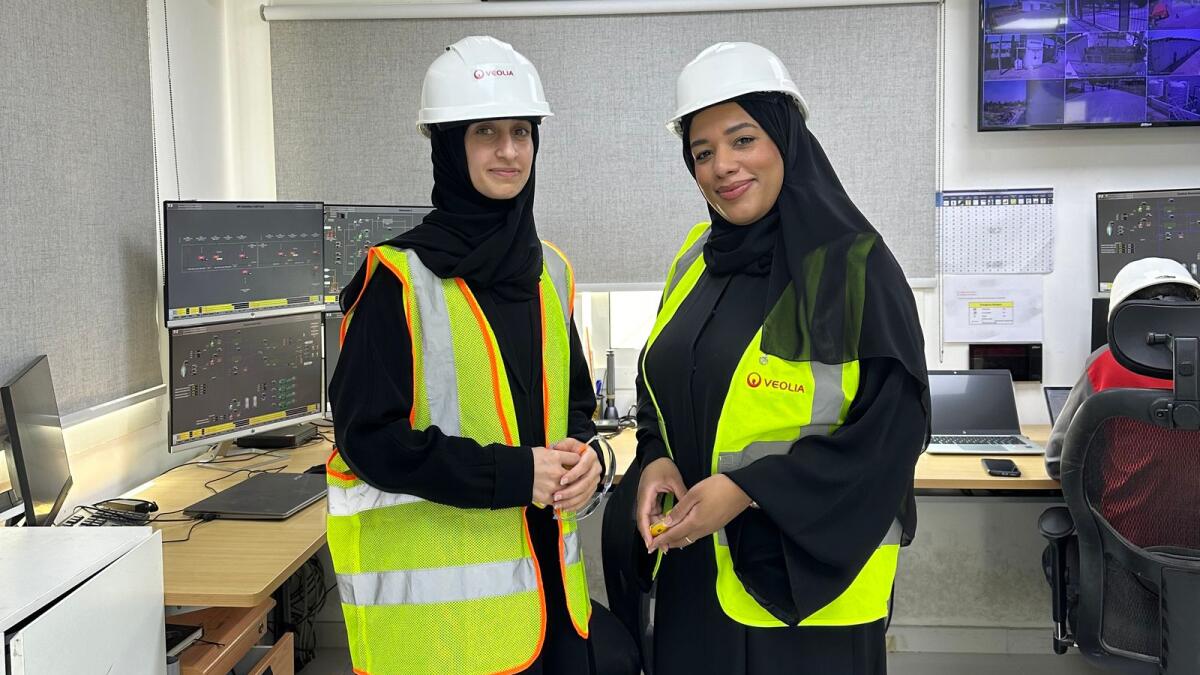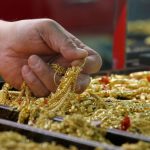Emirati women engineers in the waste-to-energy sector are making significant strides in environmental sustainability and renewable energy in the UAE. One shining example is Amna Al Yammahi, a 31-year-old engineer with a background in Mechanical Engineering. Despite facing initial difficulties, Amna quickly excelled in her role as a Maintenance Support Engineer at Veolia, a renowned French company. She emphasized the importance of being present at work sites to ensure high standards and is determined to continue advancing in her career. Amna believes that Emirati women have moved beyond mere empowerment, thanks to the support and opportunities provided by the UAE.
Another inspiring figure is Fatima Nasser, a 27-year-old Chemical Engineering graduate from Khalifa University. Despite facing challenges due to the pandemic, Fatima earned a scholarship to study Environmental Engineering and Risks in France. Upon returning to the UAE, she joined Veolia, where she conducts research and operations related to environmental impact and energy conversion, collaborating with Dubai Municipality. Fatima believes that Emirati women are worthy of trust and contribute significantly to their communities and workplaces when given the opportunity.
Both Amna and Fatima’s success stories highlight the growing presence of Emirati women in traditionally male-dominated fields. Their determination and resilience serve as inspiration for young women aspiring to pursue careers in engineering and environmental sustainability. The UAE’s support and opportunities for women have paved the way for their success, and they continue to break barriers and challenge stereotypes in their respective fields.
Emirati women like Amna and Fatima are not just making strides in their careers but also changing perceptions and paving the way for future generations of women in STEM fields. Their dedication to their work and willingness to overcome challenges are testaments to their passion and commitment to making a difference in the waste-to-energy sector. As more women enter these fields, the UAE continues to lead the way in promoting gender equality and empowering women in the workforce.
The success of Amna and Fatima demonstrates the importance of mentorship, support, and opportunities in enabling women to thrive in traditionally male-dominated industries. By providing a conducive environment and empowering women to excel in their careers, the UAE is setting an example for other countries to follow. Amna and Fatima’s achievements serve as inspiration for women worldwide and showcase the power of determination and perseverance in overcoming obstacles and achieving success.
In conclusion, the success of Emirati women engineers like Amna Al Yammahi and Fatima Nasser in the waste-to-energy sector highlights the progress being made in promoting gender diversity and empowerment in STEM fields. Their stories serve as a reminder of the importance of providing opportunities and support for women to pursue careers in male-dominated industries. With their passion, dedication, and resilience, Amna and Fatima are leading the way for future generations of women in engineering and environmental sustainability, showcasing the UAE’s commitment to gender equality and women’s empowerment.











